Seeing dogs chew on bones is usual and it often looks like a harmless, natural act. We see it in movies and cartoons – a happy dog with a bone. However, the reality is a bit different and calls for a look into whether it’s safe or good for dogs to chew on bones.
While bones have some benefits like giving minerals and helping keep teeth clean, there are also risks involved. The kind of bone, whether it’s cooked or raw, and the dog’s own size and health can make a difference in how safe it is.
- Raw bones are safer and provide nutrition, while cooked bones are prone to splintering.
- Bones pose risks such as broken teeth, mouth cuts, choking, GI issues, and contamination.
- For bone-related emergencies, stay calm, call a vet, and prevent future incidents.
- Safer alternatives to bones include Nylabone and raw beef or bison bones from butchers.
- Seek vet advice for safe bone options, like raw meat bones; avoid all cooked bones.
We’ll look at the risks tied to bones, aiming to give dog owners a clearer picture. By looking into different vet opinions and suggesting safer options – this guide will help satisfy a dog’s chewing urge while keeping them safe and happy. Through a careful look, dog owners can make better choices before handing a bone off to their furry friend.
Image source: Brandon Cormier
The information provided herein is for informational purposes only. Please refer to our disclaimer for more details..
Should You Give Your Dog Bones?
Dogs, our furry friends, love chewing bones – good for their teeth. But, not all bones are safe. Cooked ones, especially from chickens, can break off into small pieces and choke them. Raw bones, like big beef ones, are often better. Some vets suggest raw chicken bones because they’re soft.
There are also fake bones in stores – like Nylabone. They’re made for dogs to chew on safely and help their teeth. Still, bones can be dangerous. They can get stuck in their throat or make them sick. So, always watch your own dog when it’s chewing and pick the right bone for its size.
Raw Bone Vs Cooked Bone
Deciding to give our furry friends which type of bone like raw or cooked bones is tough. Bones are good for them, but there’s also some danger. They can break and hurt them. Here’s a simple table to help you choose:
| Factors | Raw Bones | Cooked Bones |
|---|---|---|
| Safety | Generally safer, and less likely to splinter. | Prone to splintering, posing choking and injury risks. |
| Nutritional Value | Rich in calcium, phosphorus, minerals, and vitamins. | Nutrients may be lost during cooking. |
| Dental Health | Helps in cleaning teeth and reducing plaque. | No significant dental benefits; risk of oral injuries. |
| Digestibility | Easier to digest. | Harder to digest due to hardness and brittleness. |
| Supervision | Essential to prevent choking hazards or other injuries. | Not advisable due to high risks even under supervision. |
| Availability, Preparation | Source from reputable suppliers to minimize bacterial risk. | Easily available but not recommended due to associated risks. |
Why Are Bones Bad for Dogs?
Image source: Syed Ahmad
The dangers associated with feeding bones to dogs are numerous and can lead to serious health issues. Here are the major risks:
1. Broken Teeth
Dogs love chewing on bones, especially cooked ones. But these bones are hard and can easily chip their big teeth. If a dog chips a tooth, it hurts a lot! They’ll need to see a vet, and that’s not cheap.
2. Oral Injuries
Dogs can also get cuts in their mouths from bones. The bone fragment can break off and have sharp points. Imagine how it would feel if something sharp poked the inside of your own mouth or tongue.
3. Jaw Entanglement and Choking
Some bones, especially round ones, can get stuck on a dog’s jaw or between its teeth. Sometimes, a piece might also go down the wrong way – into the breathing tube, making it hard for our furry pals to breathe.
4. Gastrointestinal Issues
Bones can break into sharp bits. These bits can hurt the inside of their stomach. In really bad cases, they might even poke through the stomach walls, causing a serious infection. This infection, if not taken care of quickly, is super dangerous. Bones can also block parts of their tummy, making it hard for them to poop. That can be painful for them.
5. Contamination
Raw bones and meat can have bad germs like E. coli and Salmonella. This isn’t just dangerous for our furry friends, but also for us. Kids, old folks, and sick people in our homes can get really sick from them.
6. Splintering
Cooked bones break easily – like dry twigs. Chicken bones and ones like them can split into sharp bits. Any cooked bone can hurt our pets if they eat them.
What to Do if My Dog Ate Bones?
If your furry friend eats bones, especially cooked ones, you might get scared. But stay calm – here’s what to do:
- Stay Calm: Don’t freak out. If you do, your dog might also get scared. If you see them with a bone, gently take it off them. If it’s already gone, make sure they’re okay and call your vet.
- Ring the Vet: It’s a good idea to call your vet. They can tell you what to do based on your own dog’s size and the bone they ate.
- Feed Soft Stuff: Give them soft food like bread. It helps the bone move safely in the digestive tract.
- Watch Them: Look for signs they’re not okay, like being really tired, or if they can’t poop. If things look bad or you don’t see bone pieces when they poop, call your vet.
- Be Careful: Keep trash and food away from them. Teach your dog good habits so this doesn’t happen again.
- If Needed, Get Help: If things look really bad like they’re choking, go to the vet right away. Only do what the vet says.
Always remember, your vet knows best. They can help keep your dog safe and happy.
Conclusion: Can Dogs Eat Bones?
Bones might seem like a good treat for our furry pals, but they can also be risky. They can break and hurt our dog’s tummy. If you do give your dog a bone, watch them closely. Maybe think about other safe things for them to chew on.
If something goes wrong – like if your dog swallows a bad bone – call the veterinarian right away. We all want our dogs to be happy and healthy, so making smart choices for them is super important.
Frequently Asked Questions
Can dogs digest bones?
Sure, dogs can digest certain bones. But it depends – like on the bone’s size and if it’s cooked. And also on the dog’s size and how well they chew. Most times, they can digest bones in 8 to 12 hours. But big or cooked bones might take longer.
Which bones are safe for dogs?
Raw bones are usually better to feed your dog than cooked ones. Elk bones, raw beef, or bison bones are good choices. Shin and knuckle bones are strong and don’t break easily.
What bones from the butcher are safe?
You can get raw knucklebones or big beef bones from butchers for your furry friend. They’re good for their teeth and hard to break. But make sure they’re clean to keep off bacteria.
What bones should dogs not have?
Some bad bones for dogs:
Cooked Bones: They’re super risky. Why? They can break easily and hurt your dog.
Small Raw Bones: These can be swallowed whole or broken and cause trouble.
Pork Bones: Whether raw or cooked, they can crack and are not safe for dogs.
Store-Bought Bone Treats: Some, like “Ham Bones” or “Rib Bones,” aren’t safe.
Dinner Bones: Bones from your own dinner plate? Not a good idea, especially if they’re cooked.
Which bones do vets say are good?
Vets might suggest raw meat bones or beef bones for dogs. They also might suggest other things like bully sticks or Nylabone treats since they’re easy to digest and good for teeth. Always ask your vet for the best choice.

 Dark Mode
Dark Mode 

 No fees, cancel anytime
No fees, cancel anytime 


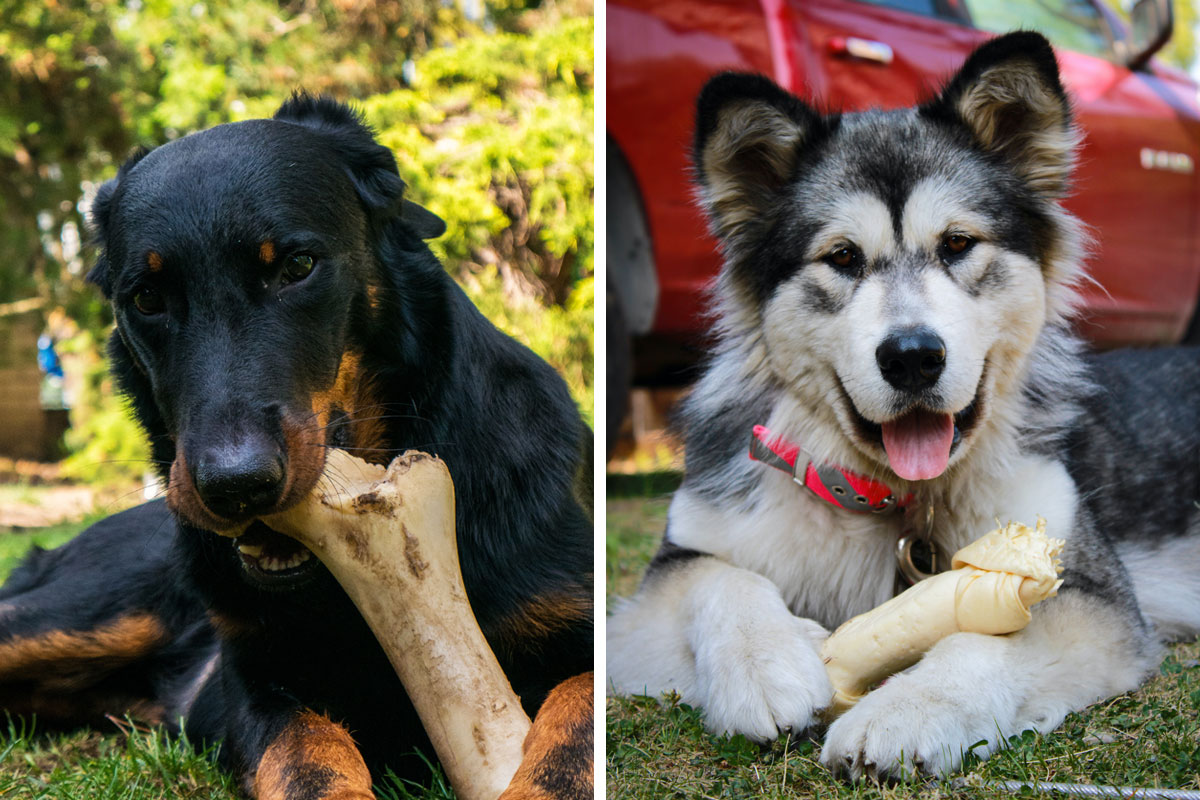
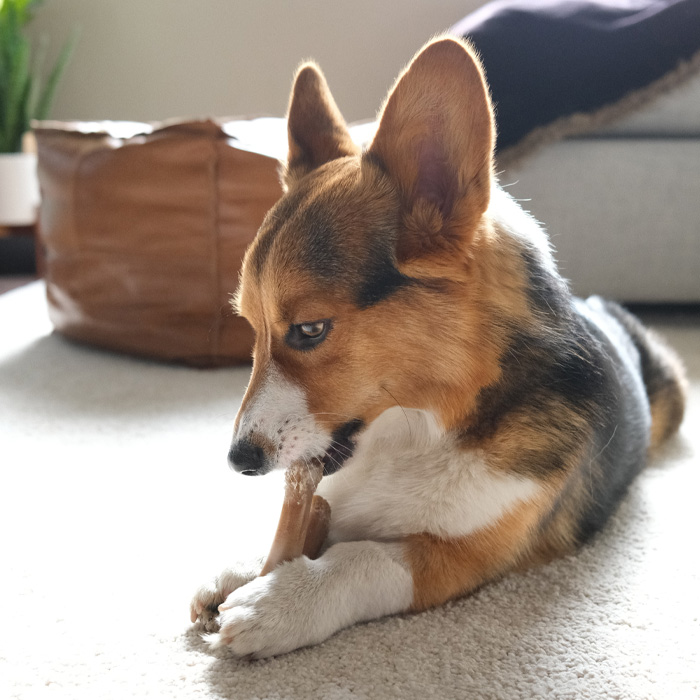
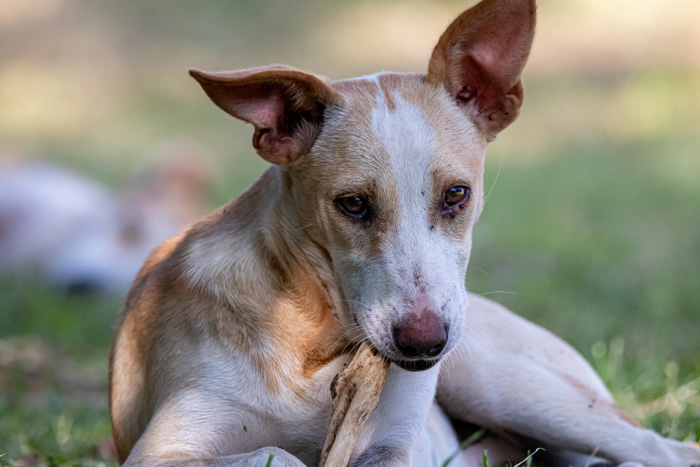






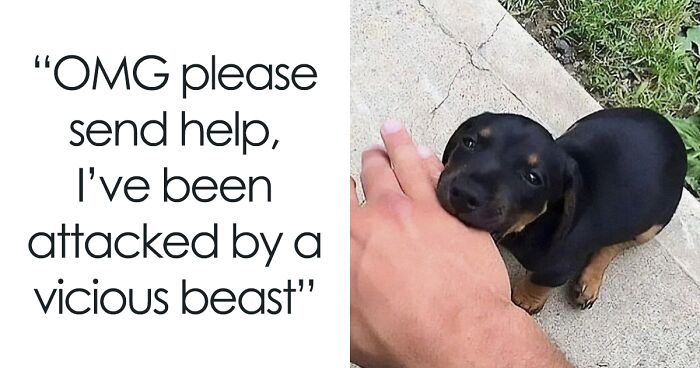










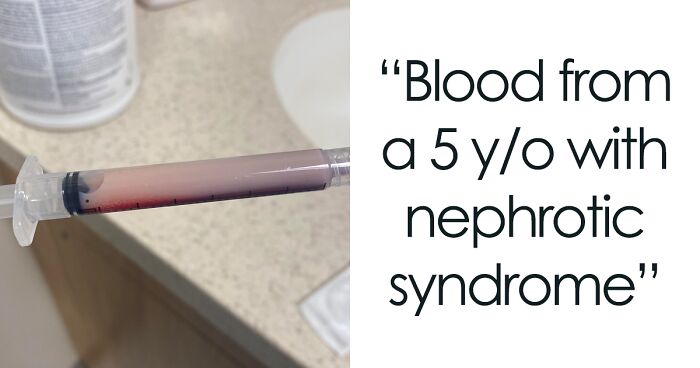

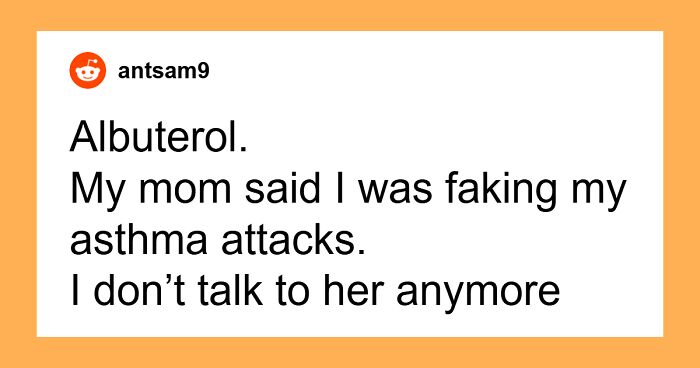
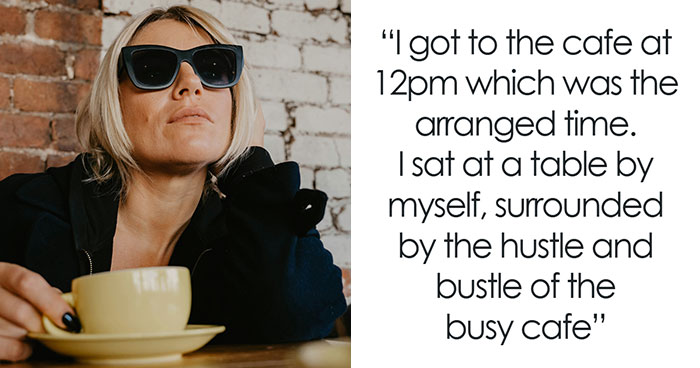



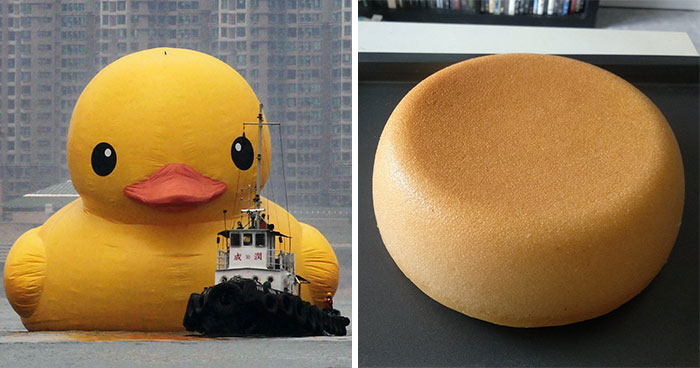
8
1